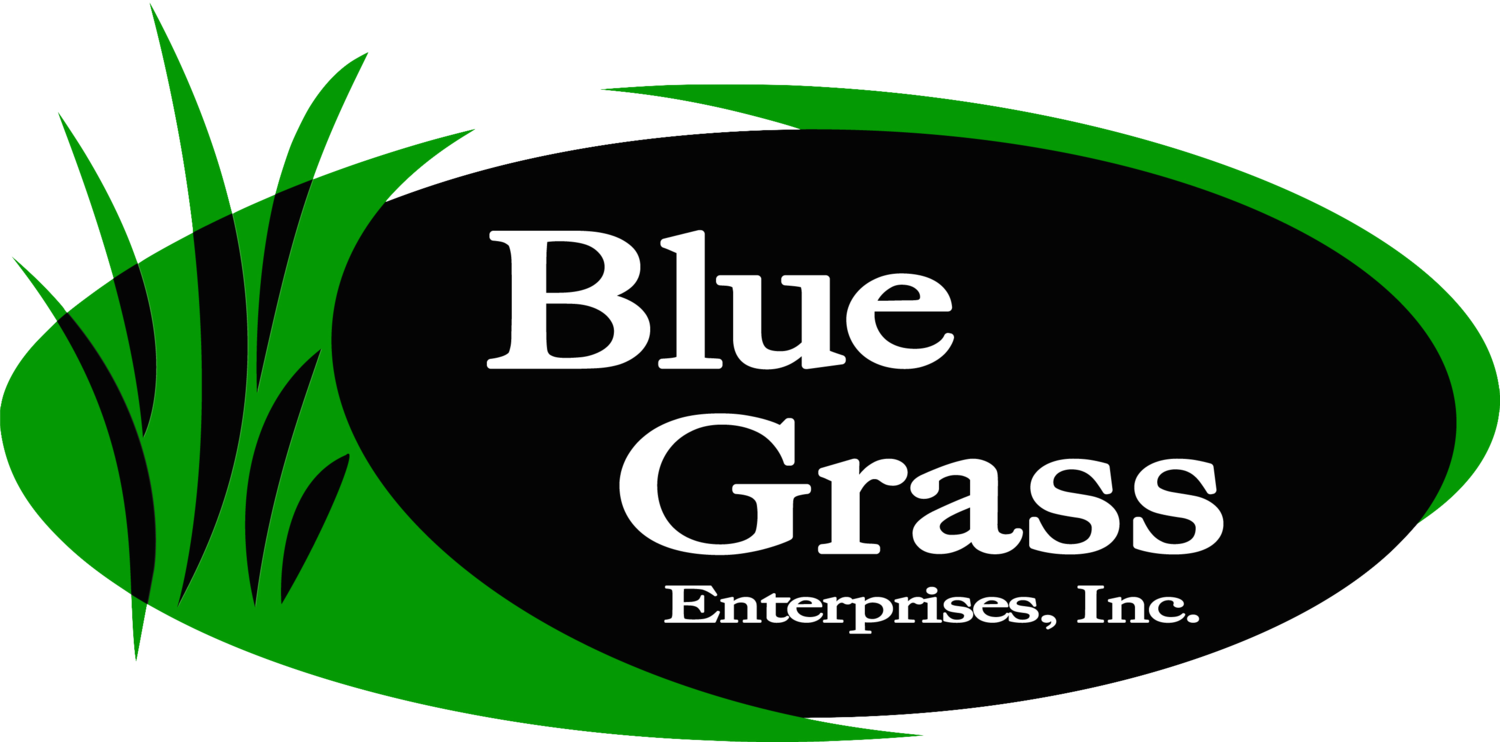What calcium and sulfur probably look like when they get out of bed in the morning.
What is gypsum and what does it do in my lawn?
It’s test time.
pauses to let anxiety set in for those who hate tests
Name as many nutrients as you can that are essential for plant growth.
Click here for some thoughtful tunes to help you maximize your list.
Ready for the answers? Here you go!
Nitrogen
Phosphorus
Potassium
Calcium
Sulfur
Magnesium
Zinc
Manganese
Copper
Iron
Nickel
Chlorine
Boron
Molybdenum
Hydrogen
Oxygen
I’ll bet dollars to donuts that some of you are at least a little surprised at how long this list is.
What a wonderful world we live in that all 17 of these nutrients and minerals work in symphony with each other to keep a plant happy and healthy! Curious to know more about how you can see what is going on in your soils? Read more about soil sampling here.
My guess is that most of you knew that Nitrogen, Phosphorus, and Potassium were essential plant nutrients. These three nutrients are often referred to as “the big three” and are often the focus of products like starter fertilizers that are more focused on root development, rather than top growth.
Curiously, these days I feel like I even hear lots of talk about micronutrients…
But today I would like to focus on two nutrients that I feel are true “unsung heroes” when it comes to plant health: Calcium and Sulfur
What does calcium do for plants?
Calcium is used in the structural makeup of a plant and makes up cell walls and membranes. In soils, calcium helps to break up heavy, clay-based soils to improve water drainage, nutrient uptake, and oxygen exchange with the surface.
Gypsum can help your lawn to stay beautiful, even when your favorite furry friend is doing some damage.
What does Sulfur do for plants!?
Sulfur helps plants produce certain enzymes, aids in Nitrogen sequestration and the creation of “energy stores” for future food consumption, and it supports plant immune systems. It also helps to green up the plant.
Working together, these elements result in improved plant and soil health - including helping to neutralize damage from dog urine in your lawn! This is why this product is often used in tandem with 13-13-13 at the beginning of the season to repair all of that awful winter dog damage we dog owners know and love.
So where can you get these wonderful nutrients? Gypsum!
Not convinced you could try a little gypsum on your lawn yet? How about feeling good that you are supporting Iowa commodities? (Shout out to Fort Dodge, Iowa!)



